Photographs: Babu/Reuters Sharmistha Mukherjee and Shine Jacob in New Delhi
The power ministry’s plan, through the Bureau of Energy Efficiency, to fix fuel efficiency standards for passenger cars is likely to increase the prices of small cars by as much as Rs 70,000, according to industry estimates.
BEE is to fix the standards for passenger cars in two phases -- by 2017 and by 2022.
It will also initiate fuel efficiency norms for trucks.
According to industry estimates, the prices of small cars are expected to increase by Rs 30,000-40,000 because of technical changes required to raise fuel efficiency levels.
The price increase could go up to Rs 70,000 after taxes.
Director-General of BEE Ajay Mathur said: “The norms will be for M1 class of cars (driver plus five passengers), basically passenger cars.
“The plan is to set a corporate average fuel efficiency (CAFE) system similar to the standards in Europe.”
The image is used for representational purpose only
. . .
Cars to be greener and costlier by 2017
Image: Hyundai cars are ready for shipment at a port in Chennai.Photographs: Babu/Reuters
Based on this, each automobile company would have to take a weighted average of fuel consumption of all the cars it sells during a year.
This average should be less than the corporate average fuel consumption standard for that year.
“Apart from this, we will also initiate a process for enhancing fuel efficiency of trucks in future,” Mathur said.
Consumer would get to save some fuel money once the norms are implemented. Assuming that a consumer drives an average of 1,500 km every month, he can clock savings of Rs 15,000-20,000 annually on a fuel bill of Rs 75,000-1,00,000.
The savings have been calculated assuming petrol price at Rs 70 a litre.
The image is used for representational purpose only
. . .
Cars to be greener and costlier by 2017
Image: A view of Mahindra Reva.Photographs: Courtesy, CarDekho
Fuel efficiency standards will be measured in terms of carbon dioxide emission.
The average weight of the Indian fleet was 1,032 kg in 2010 and the CO2 emission at that weight was 141g/km.
BEE hopes to reduce the emission to 129g of carbon dioxide a km by 2017 and to 113g of carbon dioxide a km by 2022.
Director-General of Society of Indian Automobile Manufacturers Vishnu Mathur said: “Given the poor road conditions, vehicles are required to have higher ground clearance.
“This affects fuel efficiency.
“The norms have not been notified.
The image is used for representational purpose only
. . .
Cars to be greener and costlier by 2017
Image: Tesla Roadster.Photographs: Courtesy, Tesla Motors
“Normally, five years is required to make technological changes. But we have agreed to do it by 2017.”
The Ministry of Heavy Industries wanted to retain the average weight of a car at 1,035 kg in the second stage, rather than 1,145 kg, which is under the consideration of the government.
The reduction in emissions translates into a proportionate increase in fuel efficiency.
The higher the fuel efficiency, the lower the emission.
Average mileage is expected to increase by at least 20 per cent by 2022 from the current average of 16.6 km a litre of fuel.
The government wants to increase it to 18.1 km/litre by 2017 and 20.79 km/litre by 2022.
The image is used for representational purpose only
. . .
Cars to be greener and costlier by 2017
Image: Detroit Electric.Photographs: Courtesy, Detroit Electric
In August 2010, the Prime Minister’s Office had asked for fuel efficiency standards to be issued by the Ministry of Power under the Energy Conservation Act, 2001, and implemented by the Ministry of Road, Transport and Highways.
“We are in the process of finalising this in consultation with various ministries,” added Mathur.
GREEN BITES
- Fuel efficiency norms for passenger cars to be fixed in two phases through a corporate average fuel consumption standard
- Technical costs to push up prices of small cars by Rs 30,000-40,000; by Rs 70,000 with taxes
- Average mileage expected to increase at least 20% by 2022 from 16.6 km a litre of fuel now
- The norms are being framed for M1 class of cars (driver plus 5 passengers), basically passenger cars
- BEE also in the process of initiating fuel efficiency norms for other commercial vehicles such as trucks
The image is used for representational purpose only

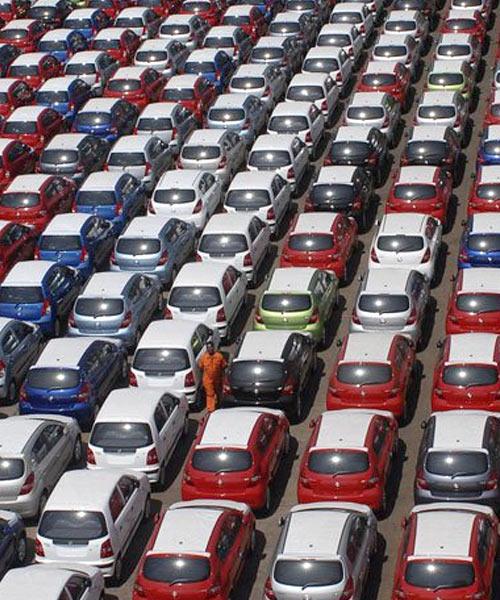
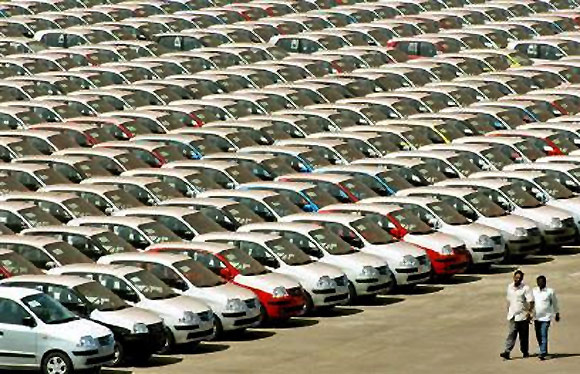
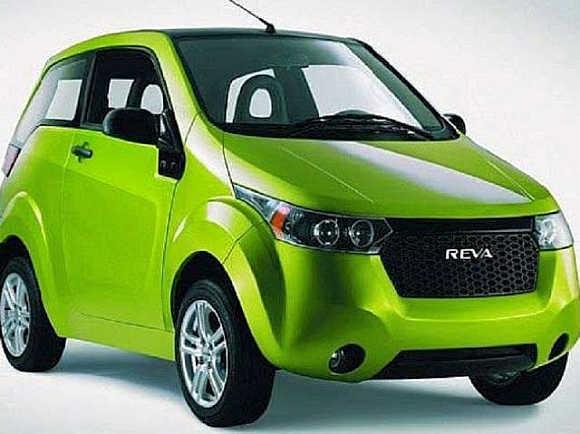
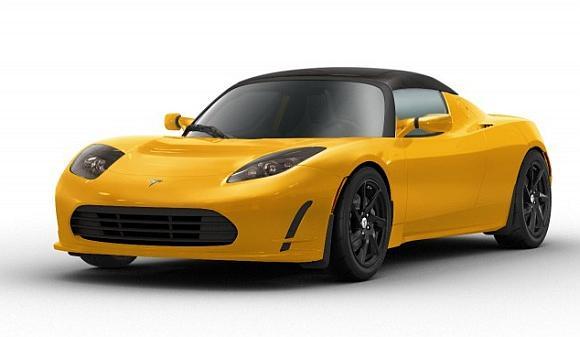
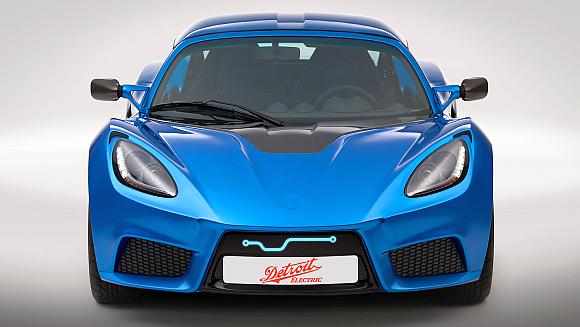

article